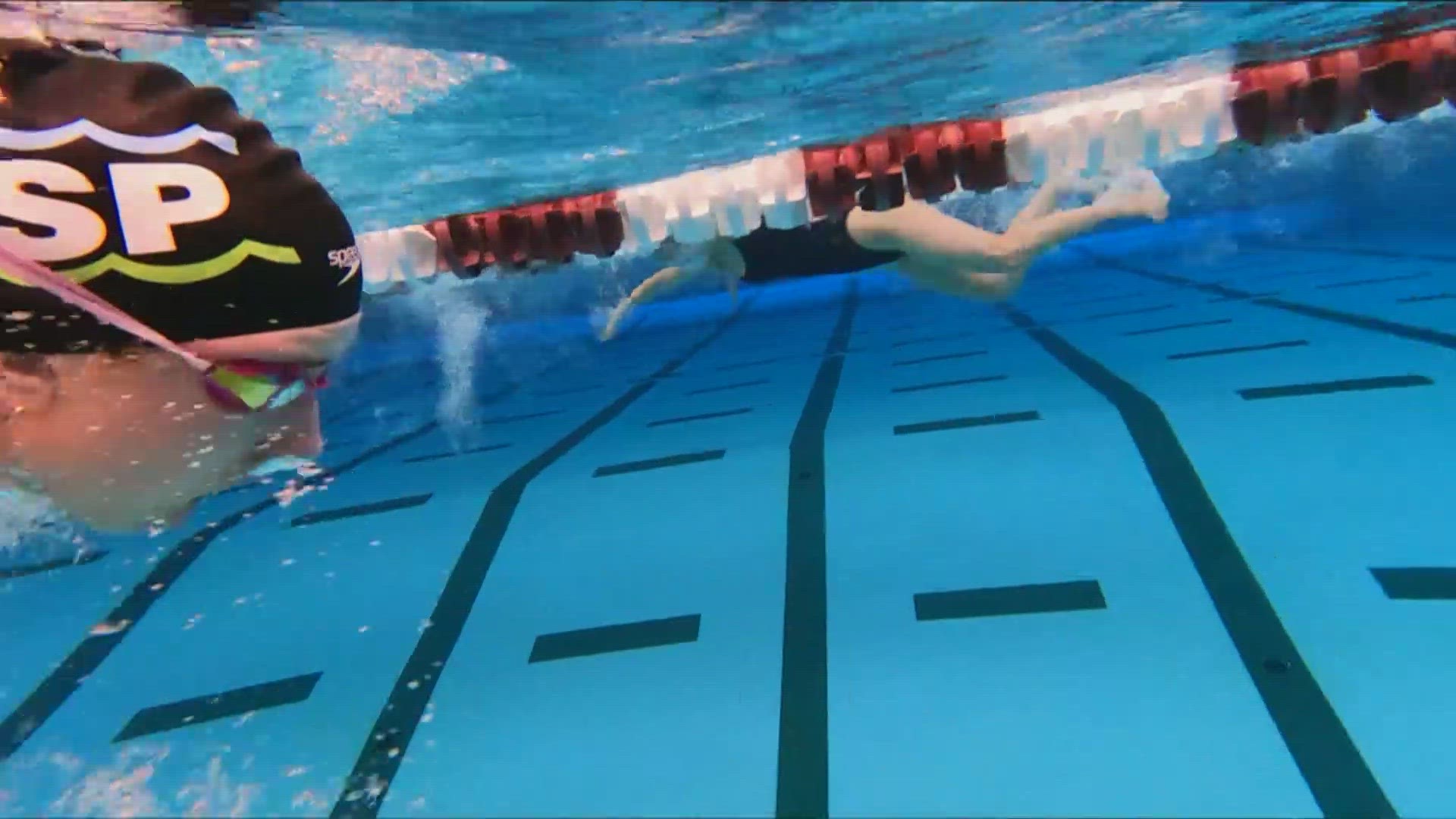Another Olympics is nearly upon us and once again, we’re not focusing on the athletes. Of course we’re not. We are focusing on Russian doping. It wouldn’t be a run-up to a current-day Olympic Games if we weren’t.
The latest issue was whether the World Anti-Doping Agency was going to allow the Russian Anti-Doping Agency (an oxymoron worthy of a gold medal) to be reinstated into its good graces, which would mean the massive, state-sponsored doping machine that has corrupted the results of several Olympic Games would have cleaned up its act enough so the world’s doping police believe the Russians are playing totally clean and by the book.
As we pause to stifle a laugh, let’s contemplate this:
ESPN reported that at least a dozen top Russian winter sports athletes, including some publicly implicated in Russia’s 2014 Sochi doping scandal, were not tested by RUSADA in the first 10 months of this year, according to a list published by RUSADA itself several days ago. And more than 60% of Russian athletes who were tested were tested only once.
Both of these statistics are entirely out of step with what’s going on in the United States and dozens of other nations that take the testing of their athletes – early and often – as seriously as the Russians ignore it.
This pathetic oversight comes after two years of what was believed to be a supervised reform of the corrupt-to-the-core Russian anti-doping system. So much for that.
As WADA decided in Seoul on Thursday to not reinstate RUSADA, this is as good a time as any to state the obvious: WADA made the right call. It did the right thing and now should place the Russians on some kind of double-secret probation until the 2020 Tokyo Summer Games at least.
And the International Olympic Committee should ban Russia from competing in the 2018 Winter Olympic Games in Pyeongchang, South Korea, this coming February.
Here we go again. Heading into the 2016 Rio Summer Olympics, the IOC and its president, Thomas Bach, were given the opportunity to make history: to categorically condemn state-sponsored doping by kicking the entire Russian delegation out of the Summer Games.
Instead, Bach and the IOC failed miserably, simply passing the decision-making baton to the international federations of the summer sports. Track and field was the most notable federation to act, banning the Russians. Most other sports federations did not. In all, two-thirds of the Russian team made it to Rio. One-third was punished and did not.
Because the next Winter Olympics come along so quickly after the Summer Games, the matter of Russian cheating has come right along too, now dumped on the doorstep of Pyeongchang. The issues that faced IOC leaders before Rio now face those same leaders heading into Pyeongchang.
When the West, particularly Americans, calls for Russia to be banned, apologists for Russia like to say Americans are hypocrites. Who are we to judge when we gave the world Lance Armstrong and Marion Jones?
Here’s the difference: Armstrong, Jones and all the other notorious U.S. athletes who cheated did so in defiance of their national Olympic leaders.
But Russian athletes who cheated? They did it in compliance with their national Olympic leaders.
If you want to fix this, there’s only one way to do it. You throw the whole team out of the event that matters most, the Olympic Games.
Would you scoop up some innocent athletes in the mix? Yes, you would. But unless you want to repeat this process going into Tokyo in 2020 and Beijing in 2022 and Paris in 2024 and so on, the IOC has to take a stand sometime.
We have to come to grips with the fact that whatever is done or isn’t done, some athletes who aren’t cheating are likely to get a raw deal. If the Russians are allowed to compete this February in Pyeongchang, there will be athletes from countries playing by the rules who lose medals to Russian athletes who have cheated. That is guaranteed.
On the other hand, if the Russians are kicked out en masse, there will be athletes from Russia who didn’t cheat (we presume) who then will not have the opportunity to compete in the Olympics. That, too, is unfortunate, although if the Russians are kicked out, exceptions can be made – just as they were in Rio – for those Russian athletes who can prove they did not cheat.
Just like before Rio, the decision is waiting to be made. The IOC has the power to do it. But the courage? We'll see.


